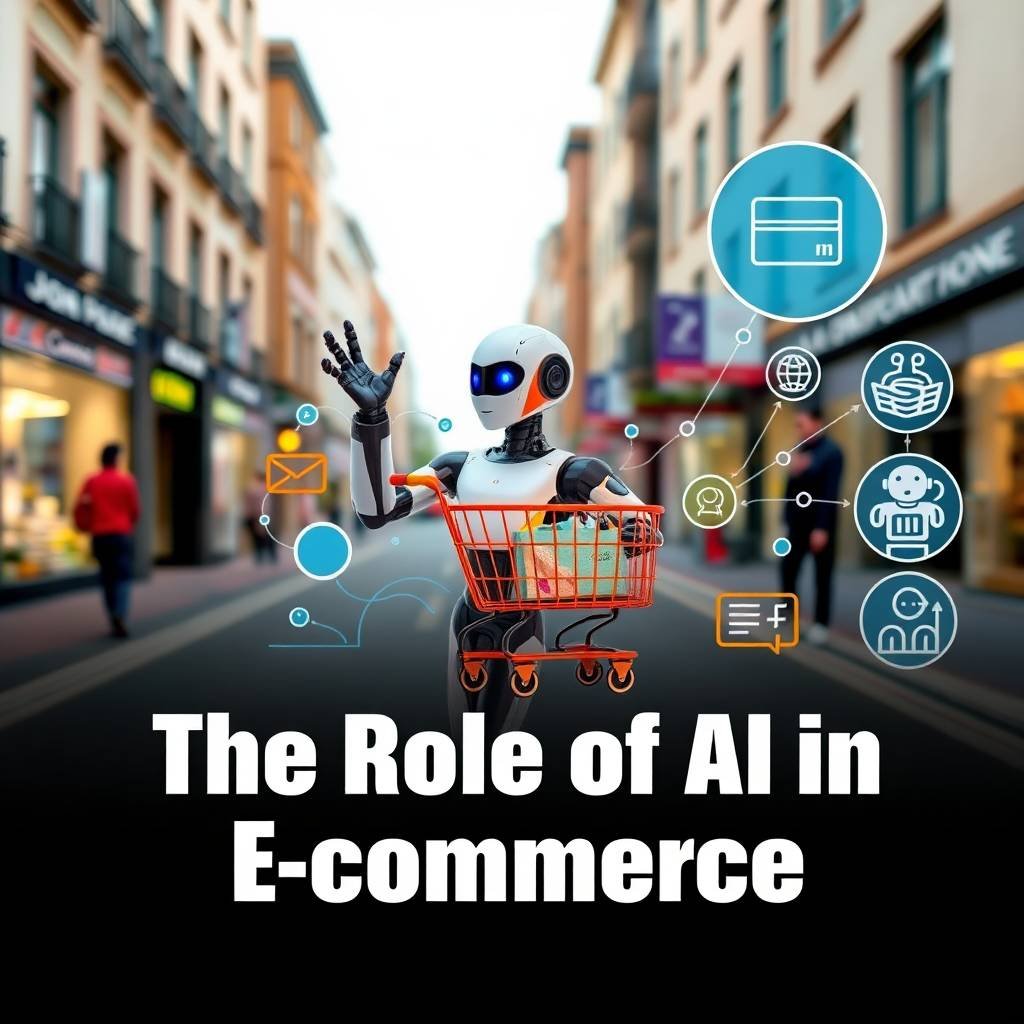Artificial Intelligence (AI) is transforming the e-commerce landscape by enhancing customer experiences, optimizing supply chains, and providing data-driven insights. With the rapid advancement of AI technologies, e-commerce businesses are leveraging these tools to stay competitive and meet evolving consumer demands. From personalized shopping experiences to efficient inventory management, AI is becoming an integral part of e-commerce strategies, revolutionizing how businesses operate and engage with their customers.
The Evolution of AI in E-commerce
Early Implementations
- Product Recommendations: Initial AI applications focused on analyzing customer data to offer personalized product recommendations, enhancing the shopping experience and increasing sales.
- Automated Customer Service: Early AI tools streamlined customer support through chatbots and automated responses, providing quick and efficient service for common inquiries.
Current Trends
- Visual Search: AI-powered visual search capabilities allow customers to find products using images, making the shopping process more intuitive and engaging.
- Dynamic Pricing: AI algorithms adjust prices in real-time based on demand, competition, and other factors, optimizing sales and maximizing profits for e-commerce businesses.
Applications of AI in E-commerce
Personalization and Customer Experience
- Recommendation Engines: AI analyzes customer behavior to provide personalized product suggestions, increasing sales and enhancing customer satisfaction by offering tailored shopping experiences.
- Chatbots and Virtual Assistants: AI-powered chatbots handle customer inquiries 24/7, offering instant support and improving user engagement by resolving issues quickly.
Inventory and Supply Chain Management
- Demand Forecasting: AI predicts future demand trends, allowing businesses to optimize inventory levels, reduce waste, and ensure that products are available when customers need them.
- Warehouse Automation: AI-driven robotics and systems enhance efficiency in warehouse operations, speeding up order fulfillment and reducing errors.
Fraud Detection and Security
- Transaction Monitoring: AI systems detect fraudulent activities by analyzing transaction patterns and flagging suspicious behavior, helping to prevent financial losses.
- Identity Verification: AI helps verify customer identities, reducing the risk of fraud and ensuring a secure shopping environment for consumers and businesses alike.
Benefits of AI in E-commerce
Enhanced Customer Engagement
- Personalized Shopping Experiences: AI enables businesses to offer tailored experiences that resonate with individual customers, leading to increased satisfaction and loyalty.
- Improved Customer Support: Automated systems ensure quick resolutions to customer issues, enhancing satisfaction and building long-term customer relationships.
Operational Efficiency
- Optimized Supply Chains: AI streamlines operations, reducing costs and improving delivery times, which enhances overall business performance.
- Data-Driven Decisions: AI provides actionable insights that guide strategic decisions, allowing businesses to adapt quickly to market changes and improve outcomes.
Challenges and Ethical Considerations
Data Privacy
- Customer Trust: Ensuring data privacy and security is crucial to maintaining consumer trust in AI-driven e-commerce platforms. Businesses must handle customer data responsibly to avoid breaches and misuse.
- Regulatory Compliance: Navigating complex data protection regulations is essential to avoid legal issues and ensure compliance with laws such as GDPR.
Algorithmic Bias
- Fairness and Transparency: Ensuring AI models are free from bias and provide transparent results is critical for ethical business practices, helping to maintain fairness and build consumer confidence.
Future Outlook
Innovations on the Horizon
- AI-Driven Augmented Reality (AR): The integration of AI with AR to create immersive shopping experiences, allowing customers to visualize products in their own environments before purchasing.
- Voice Commerce: The rise of voice-activated shopping, offering a new way for consumers to interact with e-commerce platforms and make purchases using voice commands.
Conclusion
AI is set to revolutionize the e-commerce industry by enhancing customer engagement, improving operational efficiency, and driving innovative shopping experiences. While AI offers significant advantages, addressing challenges related to data privacy and algorithmic bias is crucial to realizing its full potential. As technology continues to evolve, e-commerce businesses that embrace AI’s capabilities will be well-positioned to thrive in a competitive market, delivering exceptional value and personalized experiences to their customers.

